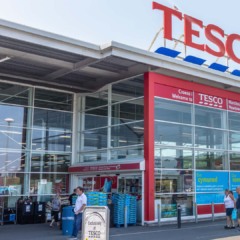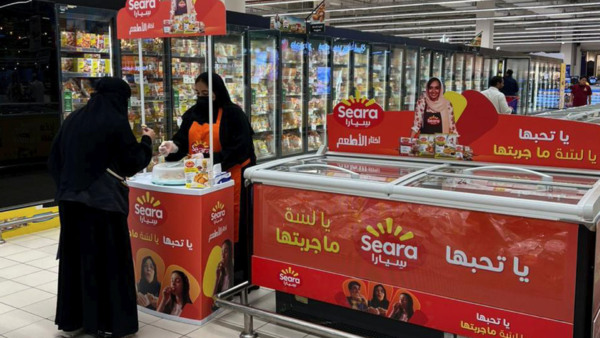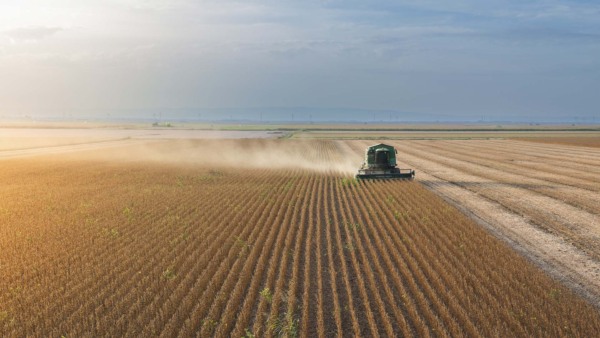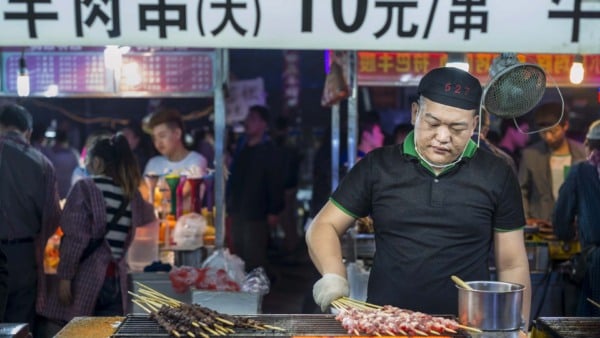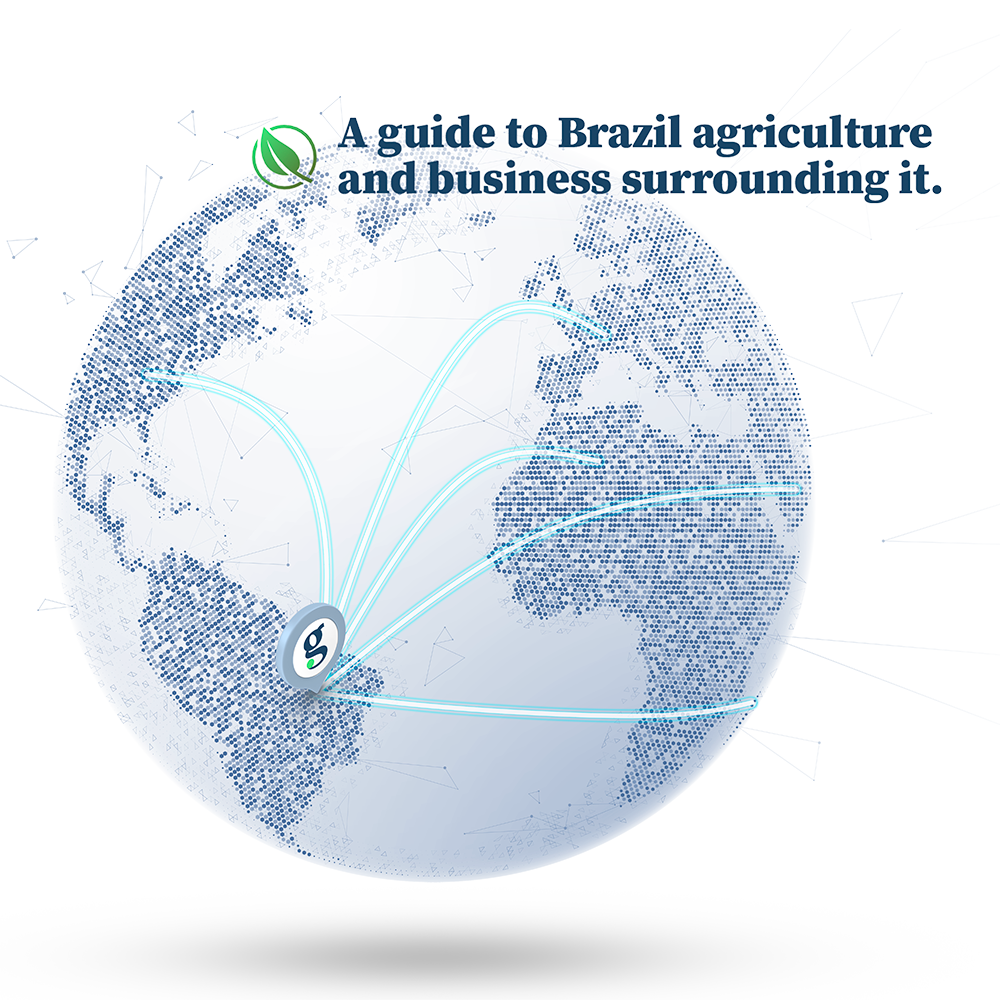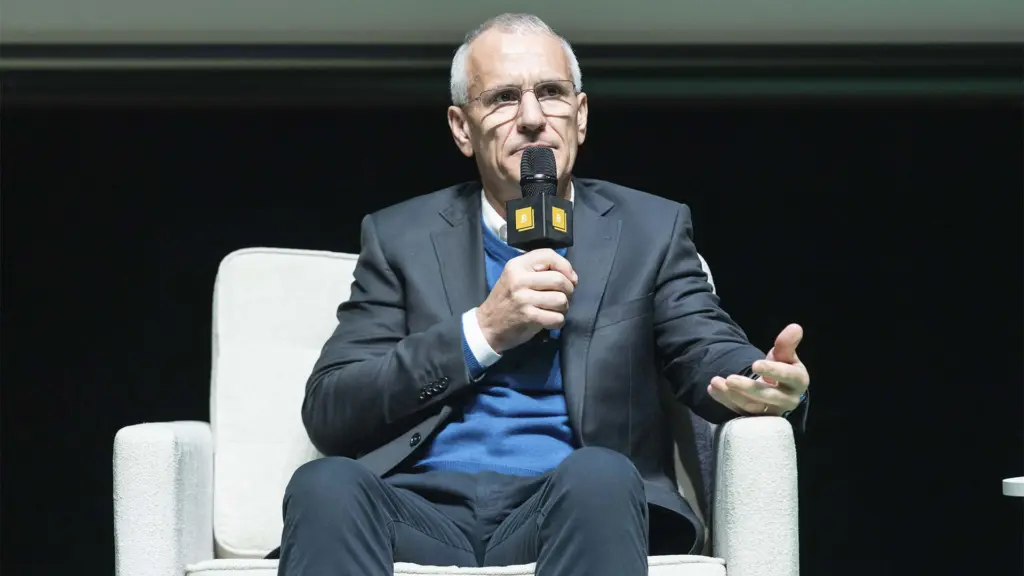
Brazilian farmland remains relatively cheap compared to other major agricultural producers, but the gap has narrowed in recent years — and that trend is likely to continue, according to Aurélio Pavinato, CEO of SLC Agricola, the country’s largest farming company.
The cost of a hectare of farmland in Brazil currently ranges from $10,000 to $20,000, Pavinato said. In Argentina, prices are closer to $15,000 to $20,000, while in the U.S., they hover between $20,000 and $30,000. A decade ago, Brazilian land sold for just $5,000 to $10,000 per hectare.
“Over the past 20 years, farmland appreciated significantly in real terms — about 6% a year after inflation,” Pavinato said during the Agro 360º conference held in São Paulo last week, organized by Brazil Journal in partnership with The AgriBiz.
Still, he warned that the pace of appreciation is unlikely to slow. “There’s still room for gains in land values, but they’ll likely be smaller,” he said, noting that land prices in Brazil are effectively dollarized, since deals are often benchmarked in soybean bags, a global commodity.
Lower return expectations may be one reason investors are unwinding partnerships with the agricultural giant. In March, Japan’s Mitsui sold two farms to SLC for 913 million reais ($165 million). The farms had been operated by SLC under a joint venture with Mitsui.
That same month, SLC also struck a $135 million deal to take over five farms from Sierentz Agro, adding 100,000 hectares to its portfolio and bringing its total to 833,000 hectares for the 2025/26 season.
According to Pavinato, the 1.7 billion reais (308 million) in recent transactions followed “an opportunity logic” and could pave the way for future real estate monetization.
The narrowing price gap between Brazil and other markets limits upside, but Brazilian farmland should continue to track global land prices and U.S. inflation, which influences commodity prices, he said.
Land Value vs Stock Price
SLC owns roughly 360,000 hectares (including legally required environmental reserves), with an estimated net asset value (NAV) of 11.6 billion reais ($2.1 billion). However, the company is currently valued at 8.3 billion reais ($1.5 billion) on the Sao Paulo stock exchange, suggesting investors are not fully pricing in the value of its land.
“The market got it right during our IPO,” Pavinato said. “The NAV was 10 reais per share, and we sold at 14 reais. Since then, the NAV has increased every year and is now about 30 reais per share — yet our stock trades at 18 to 19 reais.”
One challenge in pricing land value into the stock is that SLC operates two distinct businesses: farming and real estate. “That’s the dilemma. Separating the two would probably be the easiest way to unlock value,” said Pavinato.
Still, he argued it’s important for an operator in Brazil to own at least part of the land it farms, for reasons of system resilience and even cultural factors.
“Our return on equity has averaged 22% to 23% over the past five years — half from farming, half from land appreciation,” he said. “But the gains from land don’t appear in the books.”
Today, 62% of the land SLC operates is leased and 38% owned. The company has communicated its goal of maintaining a one-third/two-thirds ratio of owned to leased land. Over the long term, however, it may shift to a one-quarter/three-quarters mix to boost returns on investment.
Zero deforestation
Pavinato reaffirmed that expanding farmland by clearing native vegetation is no longer necessary to meet rising food demand.
“We can meet demand using already altered areas,” he said, citing official Embrapa data that estimates Brazil has 28 million hectares of degraded pasture with high potential for agricultural conversion.
Most of Brazil’s future production gains will come from yield improvements rather than planted area expansion, he added. Brazil is already a global benchmark: its average grain productivity grew 2.8% annually over the past 20 years, compared to a global average of 1.45%. Considering the second crop, gains reach 3.5% a year.
“Over the next 25 years, global population will rise to 10 billion, increasing demand. But population growth will slow while agricultural productivity keeps growing linearly. So the need for area expansion will be smaller than in past decades,” he said.
With zero deforestation and regenerative practices, Pavinato believes it’s possible to increase output while cutting emissions.
That message has caught the attention of ESG-minded investors. Last year, the activist fund Fama Re.Capital bought a stake in SLC. It came after Guilherme Scheffer — a prominent advocate of sustainable agriculture in Brazil — invested 450 million reais ($75 million) in the company’s shares.

